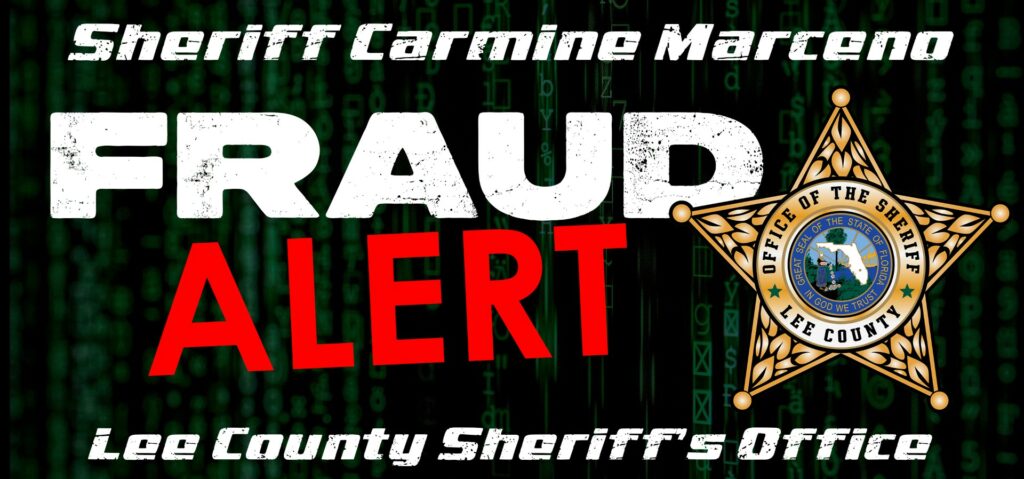SHERIFF CARMINE MARCENO’S FEBRUARY 2025 FRAUD ALERT: TRIANGULATION FRAUD

In years past, the concept of making purchases via the internet was somewhat new and online shoppers carefully scrutinized websites and social media sites prior to providing personal information.
Online shopping has become the norm and many consumers have become somewhat lackadaisical when making online purchases.
With the introduction of technology associated with artificial intelligence, scammers have made it difficult to distinguish between legitimate sites and fraudulent ones.
In the past, if you made a purchase and the item never arrived, you immediately recognized the potential for fraudulent activity.
What happens, however, when the item that you ordered actually arrives? No concerns arise and life goes on as before, yes?
Triangulation fraud adds a new criminal wrinkle to online purchasing.
Here’s how it works:
A scammer creates a “look alike” site or posts retail items for sale, making it appear that the retailer is legitimate and that you are purchasing from a reputable retail site. Logos are identical, the sites contain all of the expected and relevant information that one would ordinarily see.
As you normally do, you enter your personal information and credit card data so as to complete the purchase.
The scammer has now captured your credit card information for future use. The scammer then proceeds to the legitimate retail site and completes the purchase, on your behalf, for the identical item that you ordered.
That item arrives, as expected, and no further thought is dedicated to the transaction.
The scammer, however, now has all of your relevant credit card information and begins to use your credit card for fraudulent purchases…perhaps immediately…perhaps after a brief period of time. You have no reason to suspect criminal activity and, if you don’t carefully scrutinize your credit card statements, may never know that the activity is occurring.
While it is always recommended that shoppers make efforts to verify that they are purchasing from legitimate retail sites, and while all sites from which you purchase should begin with https://, make sure it’s secure by checking for a lock icon in the URL bar. While this is not a foolproof way to prevent fraud, it helps.
Take the time to carefully review your credit card statements. The Fair Credit Billing Act of 1974 gives you the right to dispute errors and fraud. You are not responsible for fraudulent charges that are made after you’ve reported the theft. Additionally, the FCBA limits your total liability to $50 for unauthorized charges.
Online shopping has become a regular way of life and should be both enjoyable and safe. Pay attention.
